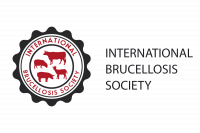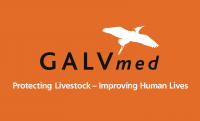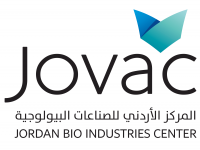Although described in the late 1850s and its causative agent isolated in 1886, brucellosis remains a matter of concern worldwide. The disease has been eradicated in a number of countries but continues to threaten human and animal health in many areas of the world, as well as animal productions. Moreover, new Brucella strains or species have emerged; and “classical” Brucella species are reaffirming their capacity to influence social, cultural, economic and agricultural environments. The need to enhance current knowledge for the scientific community and to share the most updated information with policy makers remains a priority of paramount importance in the context of the control and eradication of the disease in endemic areas.
On behalf of the International Brucellosis Society, the Istituto Zooprofilattico Sperimentale dell’Abruzzo e del Molise (IZS-Teramo) is organizing the “Brucellosis 2022 International Conference,” including the 74th Annual Brucellosis Research Conference, which will be held in Giulianova, Teramo, Italy from September 16th to 19th, 2022. The IZS-Teramo is the WOAH Reference Laboratory for Brucellosis and National Reference Centre for Brucellosis.
During the conference, scientists, researchers, animal and human medical professionals, policymakers, national competent authorities, representatives of the International Organisations, and other stakeholders will exchange knowledge and opinions on the factors influencing the emergence and spread of the different species of Brucella. This will include recent advances in understanding the biology, virulence and evolution of the genus Brucella. The most recent developments in animal and laboratory diagnostic procedures, tools for surveillance and control, as well as disease impact on economics and world trade will be discussed.
It is expected that more than 250 experts and researchers from all over the world will take this opportunity to share their insights about the strategies, methods and tools to reduce the effect of brucellosis on different social, cultural and environmental conditions. The congress will strengthen the network of existing intersectorial and multidisciplinary collaborations, essential to fight this continuously changing and adapting disease.










